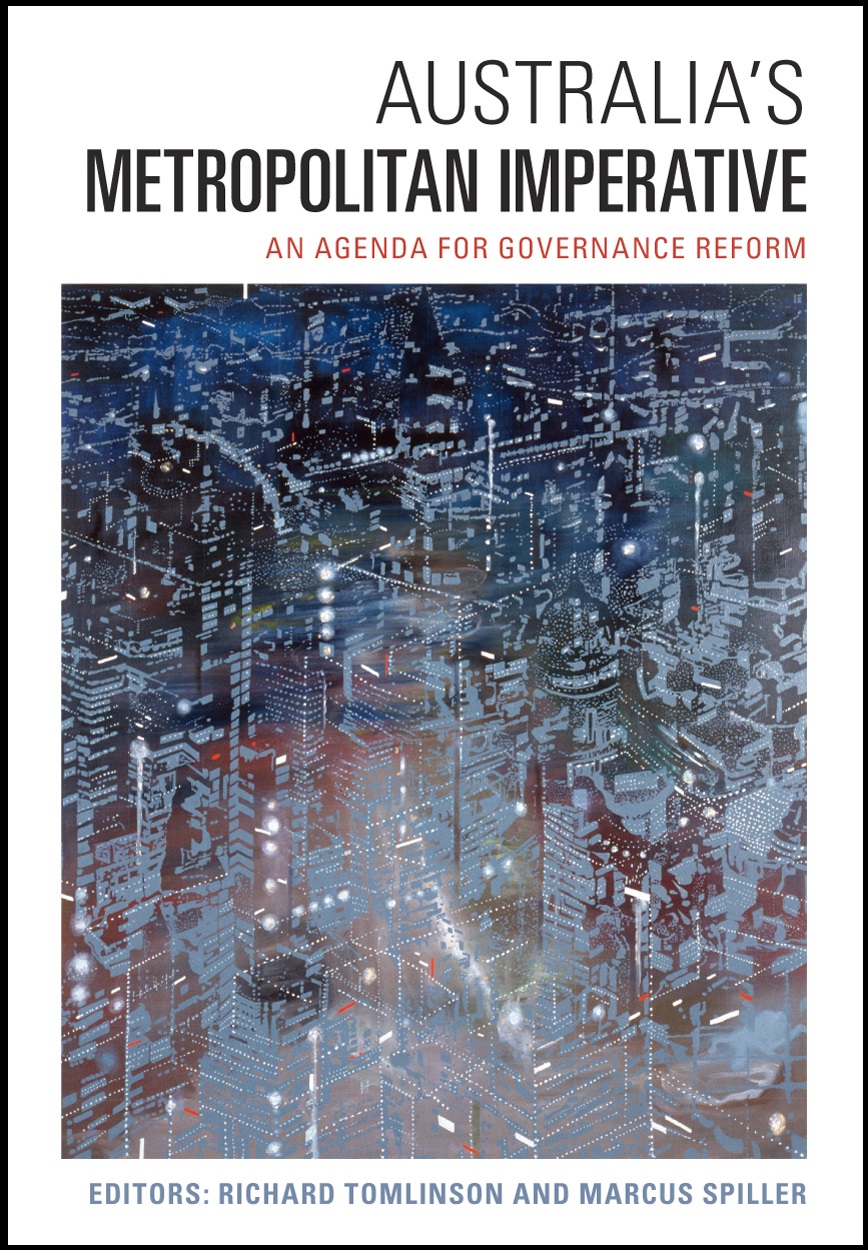Australia’s Metropolitan Imperative
Edited by : Richard Tomlinson Marcus Spiller
Release date: Jun 2018
Csiro
Number of pages: 264
ISBN: 978-1486307968


This book proposes a metropolitan reform agenda in Australia.
Presently, the possibility that the residents of the metropolitan areas might themselves know what is in their best interests is not a consideration. Formally, State governments are responsible for metropolitan governance. ‘Australia has a unique model of metropolitan governance, in which state governments are directly responsible for all the key elements of planning and major infrastructure and service delivery …’ However, as a result of accumulating so much more tax revenue than it needs for its own expenditure responsibilities, the Federal government has considerable influence over policies, projects and services for, and the planning and management of, cities.
The contrast is with, perhaps, all countries with which Australia might choose to compare itself. Since the early 1990s they have engaged in the ‘global trend’ towards public sector reform coupled with decentralisation, leading to a metropolitan ‘renaissance’. Australia, at all levels of government, embraced public sector reform and increased competition, deregulation, PPPs and privatisation. The same is not true for intergovernmental decentralisation and metropolitanisation.
Australia’s Metropolitan Imperative makes the case that metropolitan governments would promote the economic competitiveness of Australia’s cities and enable more effective and democratic planning and management. The contributors explore the global metropolitan ‘renaissance’, document the history of metropolitan debate in Australia and demonstrate metropolitan governance failures. They then discuss the economic, fiscal, transport, land use, housing and environmental merits of establishing metropolitan governments.











